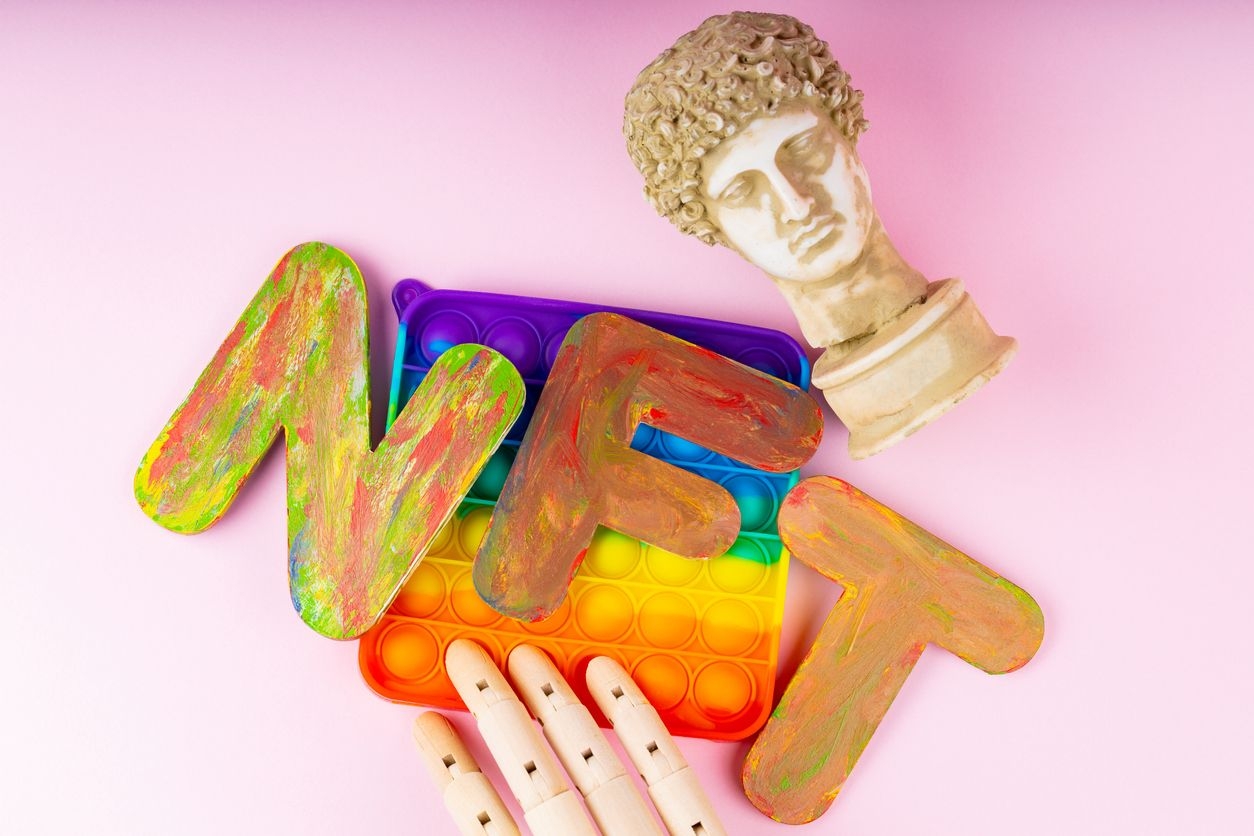Launched by the software engineer Casey Rodarmor in January 2023, the Ordinals protocol allows users to create data directly on the Bitcoin blockchain. The protocol enables adding data to satoshis – the smallest unit of Bitcoin, equal to 0.00000001 BTC. This process is known as inscription, and the added data can be arbitrary content representing an image, video, audio, or text. As such, inscribed satoshis can be used to generate Bitcoin-native digital artifacts. In other words, we can call them Bitcoin NFTs. Bitcoin Ordinals are based on a methodology that helps identify each satoshi with a serial number and track them throughout all their transactions from the initial minting. Two recent technical updates – SegWit and Taproot – underpinned the development of the Ordinals protocol. While the Segwit update improves transaction data efficiency by splitting data structure, the Taproot soft fork aims to increase Bitcoin’s scalability and privacy. Debates related to the new Bitcoin advancement have been the center of attention in the NFT domain in the past weeks. One topic that catches particular interest is how Bitcoin NFTs compare with conventional NFTs.
Credit Ordinals Wallet Fundamental differences between Bitcoin Ordinals and NFTs Ordinal inscriptions are similar to usual NFTs but differ from them in a few ways. Rodarmor emphasizes that although Bitcoin Ordinals are digital artifacts, not all NFTs are. To understand in what ways Ordinals may be better than NFTs, we need to understand what a true digital artifact is. #1 The way NFTs are stored Digital artifacts must live entirely on-chain. Rodarmor refers to this as being complete. Bitcoin Ordinals are stored directly on the blockchain; hence they are complete digital artifacts. In their case, all data, images, and metadata are kept on-chain. Exceptionally few NFT projects choose to store their data completely on-chain, which requires the integration of the target URL into the smart contract.
One of these projects is LarvaLabs’ Autoglyphs. Both the code that creates these generative artworks and the code that manages the ownership are registered on the Ethereum blockchain, which guarantees long-term ownership free of central authority interference. On the other hand, most NFT projects can be considered incomplete because they either point to centralized databases or to off-chain content on decentralized storage systems like IPFS. In this regard, ordinal inscriptions are superior to the majority of NFTs. Credit Freepik #2 The immutability of NFTs Storing NFT metadata completely on-chain also helps immutability. Central databases are prone to censorship. Even in the case of decentralized storage solutions, there can be immutability-related problems. One drawback of such systems is the ongoing storage costs a business might eventually stop paying. Furthermore, some NFT projects may allow metadata updates after launch. Consider, for instance, collections that reveal the rarities only after the public mint is entirely over. In such cases, since the metadata is not unveiled until the final reveal, those with control over the server that stores NFTs may alter which asset IDs receive the rarest attributes.
Contrary to this, creators or owners of Bitcoin Ordinals can’t alter them after they’re created. #3 Permissionless blockchains Rodarmor further notes that the obligatory incorporation of creator royalties is against the permissionless nature of blockchain. The owner of a digital artifact should be able to sell it without paying a royalty. It’s challenging to take a firm stance here. Royalty considerations have already been causing a stir in the NFT ecosystem lately. Even though many NFT marketplaces are switching to an optional royalties structure, most NFTs still have creator royalties attached to them by default. While alternative royalty solutions give more flexibility to traders and investors, they also cause NFTs to lose a strong value proposition, particularly from the viewpoint of NFT creators. Nevertheless, arguments around permissionless NFTs can ramp up the number of people who opt for no-royalty options.The post Bitcoin Ordinals: Are they Improved NFTs? appeared first on NFT News Today.
Source : [Bitcoin Ordinals: Are they Improved NFTs?](nftnewstoday.com/2023/02/23/bitcoin-ordinals-are-they-improved-nfts/?utm_source=feedly&utm_medium=rss&utm_campaign=bitcoin-ordinals-are-they-improved-nfts) by Nagi An - NFT News Today by Nagi An / February 23, 2023
